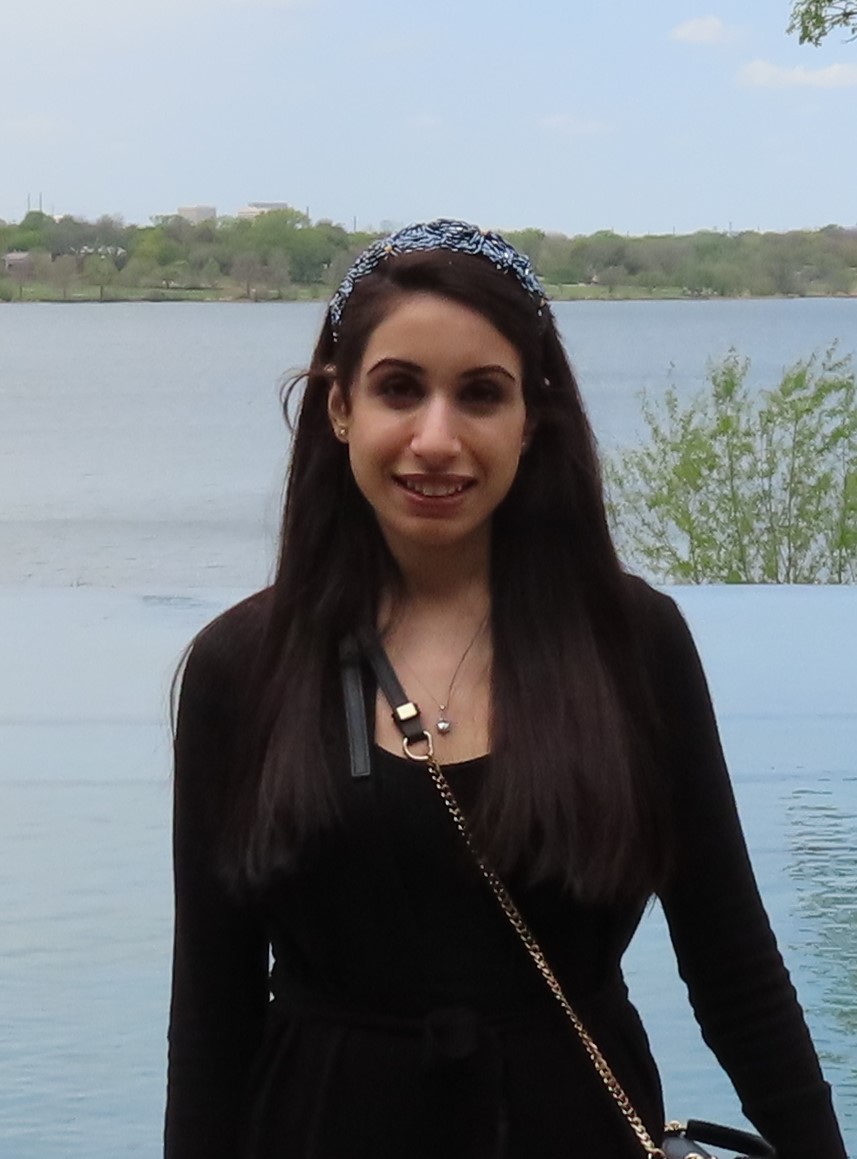Blogs

International Education Week 2021 Student Profile: Arwa Almazrouai
Arwa Almazrouai was born and raised in Rustaq, Oman and lived there until the age of 17 when she decided to come to the United States to study. At University of Dayton, she studied for one year in the Intensive English Program (IEP), received her Bachelor’s in Psychology and is currently pursuing a Master’s in Clinical Mental Health Counseling. Additionally, Arwa served as a Resident Coordinator of the Cross-Cultural Connections (CCC) residential community for the 2019-2020 academic year and currently serves as the Graduate Assistant for the Global Learning Living Community (GLLC) at UD for the 2021-2022 academic year.
What was one important intercultural dimension of your experience at UD?
When studying at the Intensive Language Program (IEP), I had to learn an entirely new type of English language. In order to be prepared for academic research and writing papers, I had to learn to replace everyday language with academic words. Furthermore, I had to learn to properly cite sources in a specific academic style, which was somewhat foreign to me. I am very grateful for my time at IEP and all that it taught me!
What drew you to the field of mental health counseling and how is it connected to intercultural learning?
In Oman, there is a lot of work to do when it comes to mental health. It is most often misunderstood, stigma persists and there is a great deal of awareness to raise. Witnessing people asking people to pray depression away, or forget about it, fueled my interest in learning about psychology and to serve in the field of mental health. I even have extended family who dealt with tactile hallucinations, such that they felt bugs or creatures crawling on their skin for example, and it was really hard to see them struggle with this. The belief in spirits and the paranormal in Oman led people to explain the hallucinations as the activities of angry spirits who were seeking to aggravate the person. These experiences have taught me about the need to be culturally competent. A good mental health clinician must distinguish between cultural beliefs that simply make up a person’s life and when these same beliefs can cover up mental health challenges that hinder day-to-day functioning. My experiences in Oman have made me very sensitive to intercultural communication in the field of mental health, but they have also taught me that sometimes we have to question cultural beliefs in order to provide treatment. Being an effective clinician requires both intercultural awareness and knowledge of the mental health field. Intercultural competence does not mean taking all beliefs at face value.
Who or what inspired you to work towards being a globally-minded citizen?
My friend Shannon, who I often spent Christmas with once I had moved to the United States, engaged me in conversations about culture and identity. She was the first person who raised the concept of global citizenship to me. At first, I mostly thought global citizenship was owning a passport and traveling the world. Through talking with Shannon I came to the conclusion that global citizenship actually exists in the mind. Only an open mind and an open heart can do the work of global citizenship.
In my first year at UD, I was part of weekly global conversations where we gathered to speak on a variety of topics, in a safe space to learn about each other. I eventually facilitated some of the conversations and it was extremely enriching to learn so much about others and myself through these conversations. I learned an important lesson: it is essential to be humble and honest about what we know, and to do the self-work and reflection on our blind spots and ignorance about certain topics. I have found myself on numerous occasions being called upon to be a spokesperson for international students and women from Oman and/or the Middle East. But my experience cannot speak for everyone. At first, I would answer these kinds of questions with less qualifications, but now I know I cannot speak for these entire groups. Being a global citizen means doing constant work on yourself and developing your thought process and self-awareness with humility.
